Uncategorized
-
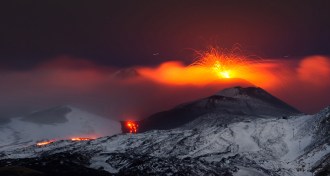 Earth
EarthHow volcanoes may have ended the dynasty of Ptolemy and Cleopatra
Volcanic ash in polar ice reveal a link between eruptions and the timing of revolts in Cleopatra’s Egypt.
-
 Tech
TechThis stretchy implant could help kids avoid repeated open-heart surgeries
A new type of surgical implant grows along with its recipient.
-
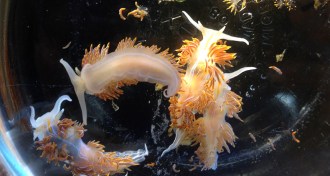 Oceans
OceansHere’s a breakdown of the animals that crossed the Pacific on 2011 tsunami debris
Hundreds of marine animals from Japan have washed up on U.S. beaches since the destructive 2011 earthquake and tsunami.
-
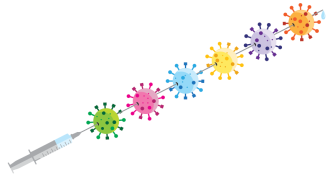 Health & Medicine
Health & MedicineA universal flu shot may be nearing reality
Scientists are developing a universal vaccine against flu, making annual shots a thing of the past.
By Laura Beil -
 Physics
PhysicsNew physics books don’t censor the math behind reality
Special Relativity and Classical Theory and The Physical World offer deep dives into physical reality’s mathematical foundations.
-
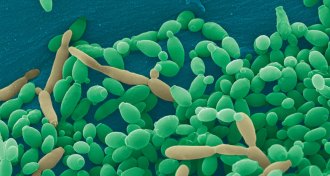 Life
LifeGut fungi might be linked to obesity and inflammatory bowel disorders
Fungi are overlooked contributors to health and disease.
-
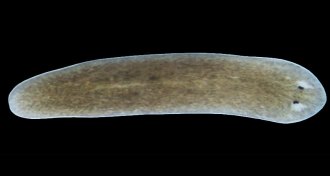 Animals
AnimalsTo understand the origins of pain, ask a flatworm
A danger-sensing protein responds to hydrogen peroxide in planarians, results that hint at the evolutionary origins of people’s pain sensing.
-
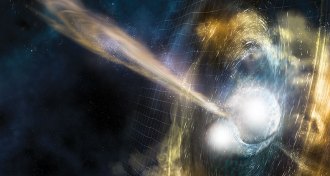 Astronomy
AstronomyNeutron star collision showers the universe with a wealth of discoveries
A collision of neutron stars was spotted with gravitational waves for the first time. Telescopes captured gamma rays, visible light and more from the smashup.
-
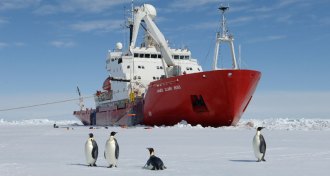 Earth
EarthWhen the Larsen C ice shelf broke, it exposed a hidden world
Scientists plan urgent missions to visit the world the Larsen C iceberg left behind.
-
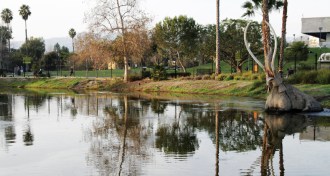 Animals
AnimalsSurgeon aims to diagnose deformities of extinct saber-toothed cats
Using CT scans, one orthopedic surgeon is on a quest to diagnose deformities in long-dead saber-toothed cats.
-
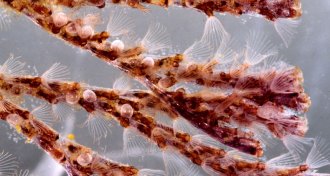 Chemistry
ChemistryA potential drug found in a sea creature can now be made efficiently in the lab
Cooking bryostatin 1 up in a lab lets researchers explore its potential as a drug.
-
 Astronomy
AstronomyMeasured distance within the Milky Way gives clues to what our galaxy looks like
Astronomers used an old but challenging technique to directly measure the distance to a star on the opposite side of the galaxy for the first time.